In our prior post, we touched on the fact that as businesses become operationally efficient, they sometimes forget that at their core they are dependent upon humans – humans who make and buy what they sell. We outlined three common beliefs that humanized businesses share. These are:
- People matter.
- To listen is to understand.
- Business is personal.
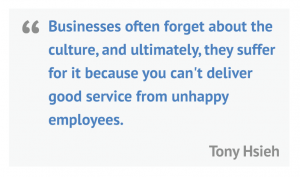
These quotes emphasize that there is no business without people – passionate, engaged employees and passionate, engaged customers. We challenge you to find a company that has survived and thrived by ignoring these two sets of human beings. Whether you are manufacturing a product, selling a service, or delivering lasting memories you need people who will give, and people who will buy, what you have to offer.
Businesses that believe this do two things consistently well:
-
They actively manage their customer-centric culture. They clearly define their values. They align around these values. They hire for fit. They hold leaders accountable for living the values through their words and actions. They measure and manage employee engagement.
-
They show their appreciation, in tangible and intangible ways, for what customers and employees do for them.
To Listen is to Understand
Humanized businesses also make listening to customers and employees a habit. They:
-
Connect with customers creating opportunities for dialogue through surveys, social media monitoring, internal focus groups, community forums, advisory boards and more. And the connect with their employees through many of the same channels. They become skilled at the art of listening and responding to customer feedback and employee feedback – to the humans who make their businesses successful.
-
Learn from these conversations. They analyze and derive insights, gaining a deeper understanding of where their employees and customers are coming from and act on that understanding to improve the experience for both customers and employees.
Business is Personal
This is the ultimate approach to humanizing your business – creating lasting, personal, positive memories for your customers and employees. Personal businesses require:
-
The capacity to empathize and think like a customer and an employee – meeting them where they are.
-
The added capability to use the knowledge gleaned through listening and empathizing to design and adapt experiences based on what you know about the individual – to personalize the experience you deliver.
So, as we articulate our ‘why’ it is totally clear to all of us that PeopleMetrics reason for being is to help businesses become more human. We exist to help with customer experience management, so clients can listen, understand, and take action to deliver experiences to customers and employees that are deeply personal.
What are you doing to humanize your business?
–Kate Feather

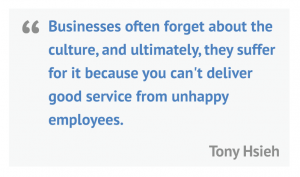
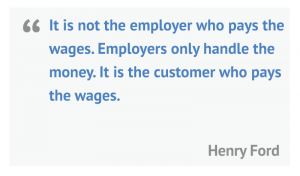
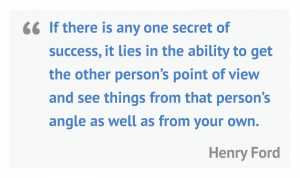
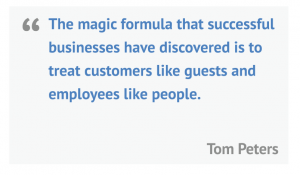
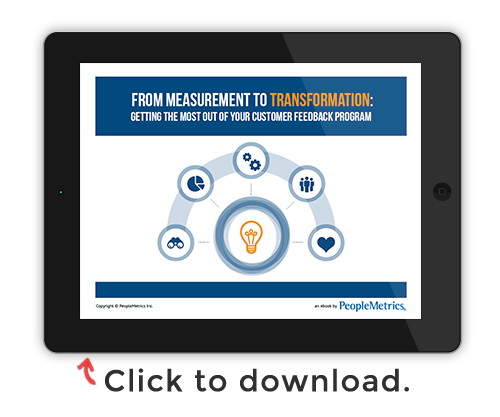



%20(1).png)